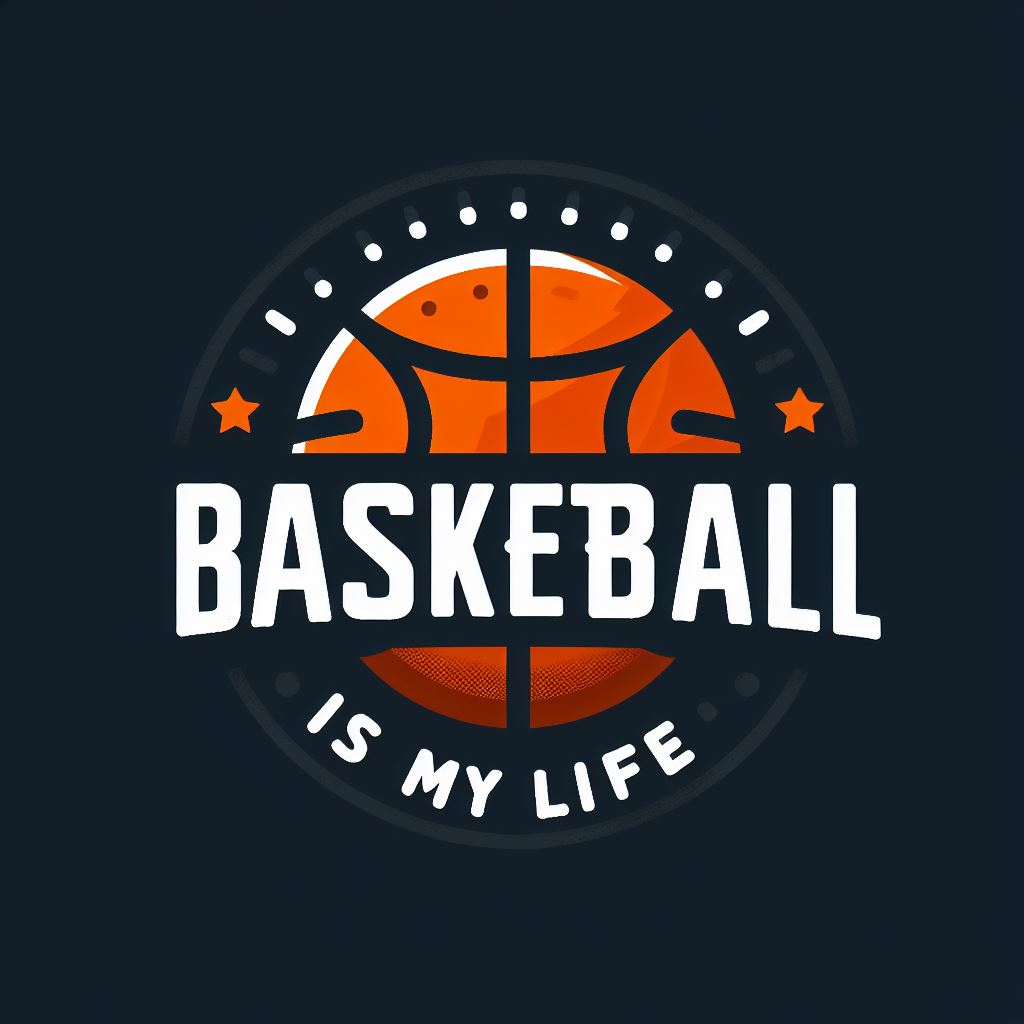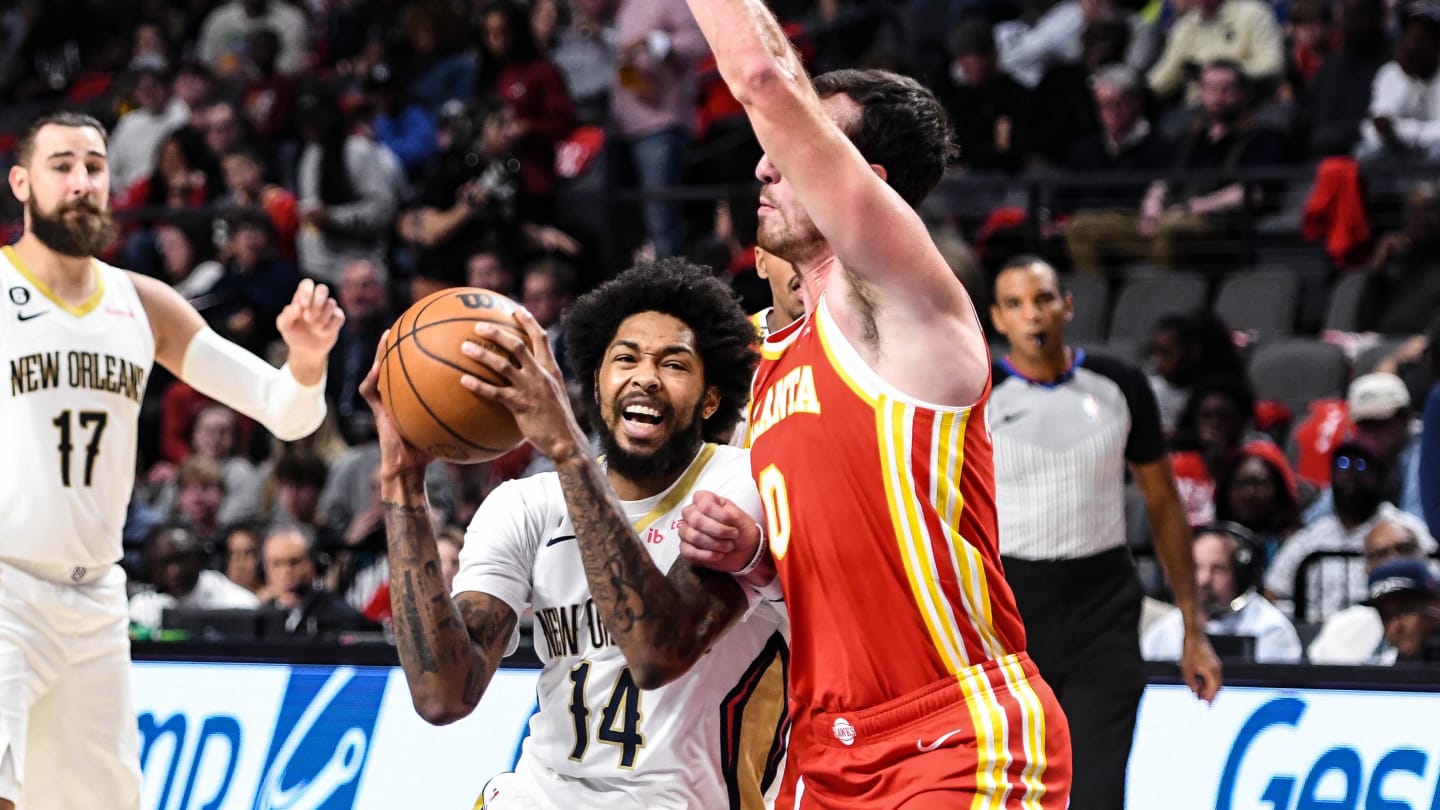Even though the NBA offseason is over, Brandon Ingram’s future is still far from decided.
Ingram’s desire for a $200 million-plus contract and New Orleans’ reluctance to offer it has left the two sides in a bind. After reaching a deal with the Hawks for Dejounte Murray, the Pelicans have a lot of offensive options to balance. It all revolves around franchise cornerstone Zion Williamson, but Murray, CJ McCollum, Trey Murphy and Herb Jones are all going to need a significant amount of offensive opportunities before Ingram even comes into play. Add in the fact that a contract extension for Trey Murphy III is on the horizon, and the Pelicans are in dire straits.
Ingram is clearly available, but his $36 million salary isn’t exactly a guarantee of success for a wide variety of teams. That being said, one team that should be interested in his services is the Miami Heat. After losing in the first round to the eventual NBA champion Boston Celtics, the Heat appear to be a team destined to make the play-in once again. In an improved Eastern Conference, they are in real danger of being eliminated from the play-in if Jimmy Butler or Bam Adebayo miss an extended period.
Shooting isn’t the Atlanta Hawks’ biggest need, but it wasn’t a strong suit in 2023-24. They finished 17th in three-point percentage despite taking the sixth most deep attempts. Adding shooters also gives Trae Young more room to operate, which is never a bad thing. By being part of this deal, they can do just that.
What would a three-team deal look like that would send Ingram to Miami with Atlanta as the third team? Here’s the trade:
Atlanta Hawks get: Duncan Robinson, Jordan Hawkins, 2027 2nd round pick (from Chicago Bulls, via New Orleans)
Miami Heat gets: Brandon Ingram, CJ McCollum, Cody Zeller, 2027 1st round pick (least favorable to Milwaukee Bucks/New Orleans Pelicans, via Atlanta)
The New Orleans Pelicans get: Tyler Herro, Terry Rozier, DeAndre Hunter, 2025 2nd-round pick (Minnesota Timberwolves, via Atlanta), 2029 1st-round pick (top-5 protected, via Miami), 2028 2nd-round pick (Houston Rockets, via Atlanta)
Why the Hawks would make this deal: Duncan Robinson’s reputation as a shooter precedes him for good reason. He hit 39.5 percent of his three-point shooting on seven attempts per game last year in a bounce-back season for the Miami winger. He also had a career-high 2.8 assists per game and rated as a passable defender (-0.9 defensive zone plus-minus). Robinson would be an incredibly effective sixth or seventh man on any team the Hawks chose to use. Hawkins is in a similar, albeit less proven, player mold. He showed promise as a motion shooter, finishing in the88th percentile for shots from a screenHe’s an incredibly advanced shooter for his age and a solid rebounder, but his value is currently capped due to his defensive limitsAtlanta also gets rid of long-term obstacles related to the DeAndre Hunter deal and reduces its center rotation by sending Zeller.
Why the Hawks wouldn’t make this deal: Robinson’s shooting has declined in 2022-23 and his defense has made him unplayable for stretches of the year. If he has a similar season with Atlanta, the trade will be tough to accept. There’s also the question of how many more offensive opportunities he can actually seize in a scoring-rich Hawks offense. Given the defensive questions Robinson and Hawkins raise, this trade could seriously jeopardize a defense that was already one of the worst in the NBA.
Why the Heat would make this deal: Miami is one of the few fits that makes sense for Ingram. A backcourt of CJ McCollum and Jimmy Butler coupled with a wing rotation of Ingram, Nikola Jovic and Jaime Jaquez Jr., also supported by Adebayo at center, would put Miami in real contention for a top-four spot. McCollum is the only player in the rotation who can be targeted on defense, but Miami’s defensive infrastructure and its own offensive capabilities should mitigate those concerns. 42.9% shooting from deep on 8.4 attempts per gamewhich is incredible from both a volume and efficiency standpoint. With Herro and Rozier both gone, Miami has a chance to give Ingram and McCollum a chance to maximize their impact. They also give themselves a chance to mitigate the potential loss of Butler in free agency this summer. If Butler, 34, declines his $52.4 million player option to sign a long-term deal elsewhere, the Heat can sign Ingram to an extension with the cap space left by Butler’s departure. That’s assuming Ingram performs well for Miami, but it’s a great fit for him. Being the third star who can occasionally step up to a higher role during regular-season spurts is ideally where Ingram should be in the hierarchy of a playoff-caliber NBA team. He fits in perfectly as the third point guard, recording5.7 assists for 2.5 turnovers while executing intricate jump passes and finding corner shooters with ease. Ingram’s hesitancy to shoot three-pointers at a high volume has been widely discussed, but he was efficient on a good volume of deep shots (39.1% on 6.2 attempts per game) by working with a primary point guard in Jrue Holiday. The combination of McCollum and Butler should produce similar results. It’s also worth mentioning that they get back Cody Zeller, who can be a nice veteran presence for rookie big man Ke’el Ware.
Why the Heat wouldn’t make this deal: Money is really the only thing stopping the Heat from getting this deal done in a heartbeat. The prospect of giving Brandon Ingram a long-term extension, essentially securing him as a second or third star behind Bam Adebayo for the foreseeable future, is daunting. It could work in 2024-25, but the future would be more complicated for Miami even if they can afford to give Ingram a contract extension. There’s also a pretty significant chance that McCollum’s defense will prevent him from playing a major role in a playoff run for Miami.
Why the Pelicans would make this deal: If New Orleans is forced to make a deal, it makes sense. DeAndre Hunter can provide some of Ingram’s shooting while Herro’s scoring inefficiencies should be masked by a smaller role. The Pelicans will channel more of their offense through Zion Williamson and Trey Murphy III, which leaves Herro as a third or fourth option depending on Dejounte Murray. He might be better positioned to rebuild his value as the effective sixth man he was two years ago. As an off-ball player, he fills a similar role to McCollum and is younger. Rozier is a good backup point guard, but he’ll likely be traded at the deadline. The Pelicans also got a potentially valuable first-round pick from Miami that’s top-five protected. In Spoelstra’s 15-year tenure as head coach, the Heat have only finished under 40 wins twice. It’s virtually a guarantee that this pick will carry over, which opens up more opportunities for New Orleans to reorganize its roster.
Why the Pelicans wouldn’t make this deal: Herro, Rozier and Hunter are all due $20 million-plus over the next two seasons. That would make it harder to extend Trey Murphy III, and they still wouldn’t be guaranteed a top-four spot in the West. Herro and Hunter also stand out as players who are missing a lot of time and . If they’re not able to contribute in New Orleans, the Pelicans will be sitting on a lot of wasted salary cap space.
While I think the Hawks are taking a big risk, I appreciate the upside this represents for them. The chances of them drafting a player as good as Duncan Robinson with that 2027 first-round pick are far from guaranteed, and it could even allow the Hawks to sell Bogdan Bogdanovic for a high price at the trade deadline. However, I don’t think this deal would help the Pelicans in the long run, and I expect them to eventually walk away.

